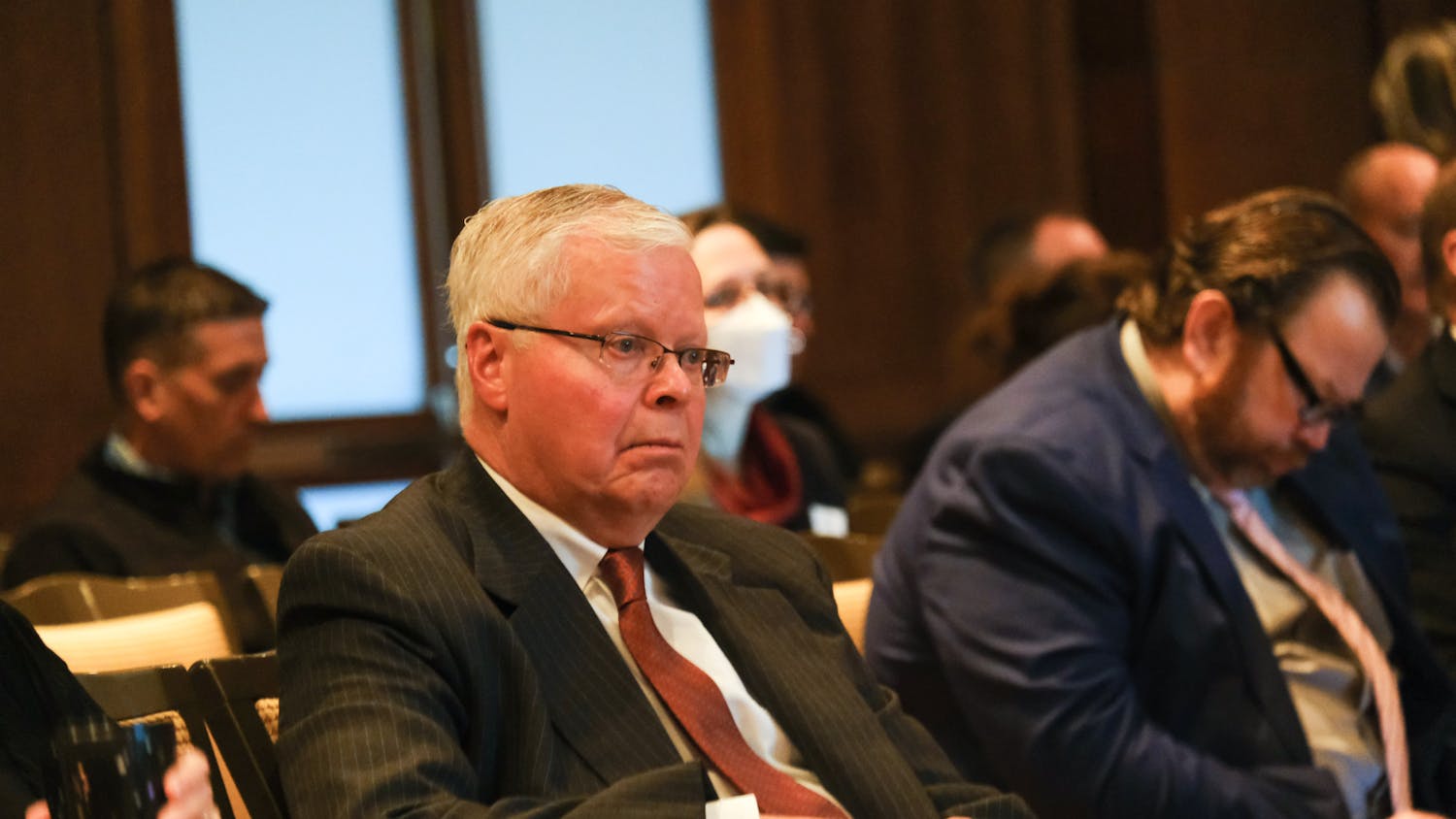Today, the hotly contested midterm elections of 2010 will finally come to an end. Job creation, economic recovery and social issues such as gay marriage and abortion have taken center stage in an election season characterized by absurd spending and Republican advantage. One issue, however, has found itself uncharacteristically absent from debate: the ongoing wars in Iraq and Afghanistan.
This absence is no accident. In an election characterized by economic recovery, incumbents are happy to avoid the enormous cost of the war, while challengers simultaneously shy away from delving into the complexities of our presence in the Middle East.
But the lack of attention paid to Iraq and Afghanistan is more than just an electoral trend. Never before in the history of our country has a war been so absent from our collective conscience. Despite the fact that the war in Afghanistan is now the longest war in U.S. history, the average Wisconsin student is more likely to know the words to Justin Bieber's ""Baby"" than the fact that 47 U.S. troops died in the month of September.
So why do the wars in Iraq and Afghanistan inspire less outrage in comparison to past U.S. conflicts? It would prove futile to compare the current situation with the scale and uncertainty of World War II. But why do we as a society, and more specifically college students, not protest as we did during Vietnam? Both have proven horrendously unpopular, reflected poorly upon our leaders and resulted in devastating civilian casualties. Yet the bombing of Sterling Hall in 1970 in protest of the Vietnam War is a level of activism unthinkable by today's standards.
Perhaps it's a numbers game. As of Oct. 3, the Washington Post reports 5,710 military casualties to date in the collective Iraq and Afghanistan wars. The Vietnam War resulted in over 58,000 military casualties. The recent release of classified military documents by WikiLeaks suggests a civilian death toll upwards of 100,000 in Iraq, compared to rough estimates of three million during the Vietnam War.
Others might attribute our lack of attention to the media. While coverage of the war was all-encompassing during the early years. A study by The Pew Research Center's Project for Excellence in Journalism found that by 2008 news stories dedicated to the war had dropped by 15 percent. In an interview with PBS News hour, Majorie Miller of the Los Angeles Times explained, ""There's definitely a weariness. This is a story that people want to go away, and so we are constantly looking for new and interesting ways to tell the story and keep people engaged.""
While the media holds certain responsibilities to inform the public, we must also realize that they are businesses. Despite their agenda-setting power when it comes to deciding what are important issues, their coverage is dependent on what sells. The fact that we as a public need journalists like Miller to keep us engaged is symbolic of how confused our perception of war has become. Ironically, the enormous amount of available information on Iraq is what's deterring our attention. Media coverage made the war just another reality show whose ratings continue to drop with every new season.
Perhaps the greatest reason that college students have failed to pay attention is the lack of a draft. During the Vietnam War, students' lives were profoundly impacted by the fact that so many of those around them were being sent to Vietnam. While college-student status temporarily protected them from the draft, the consequences of a failed class could mean military service. Vietnam coverage dominated the news, whose depictions of soldiers' coffins and the horrors of war brought about unprecedented public outrage.
The wars in Iraq and Afghanistan, in stark contrast, are fully supported by volunteer service men and women. Furthermore, private military contractors in Afghanistan now outnumber U.S. troops. Students' lives, unless directly related to someone serving overseas, are rarely impacted by the war.
This of course is not to suggest a lack of support, only to recognize that the conflict in the Middle East has lost interest among the general population. This lack of interest, perhaps a result of the war's longevity, is unprecedented in our history. While Vietnam dominated the lives of our parents, Iraq and Afghanistan have become side notes of an ongoing news story that never seems to end.
The scale, length and media coverage of the war sets it apart from Vietnam, but there's no denying that our efforts in Iraq and Afghanistan are just as controversial. We invaded Iraq on the false promises of Weapons of Mass Destruction, and many have connected our invasion with a need for oil.
Despite the promises of the Obama administration to end our involvement, recently exposed connection between Iran and our enemies suggest quite the opposite. Why these circumstances fail to capture our attention is hard to pinpoint, especially in light of UW-Madison's traditionally political student body. The bombing of Sterling Hall during Vietnam was symbolic of student frustration expressed in a horribly wrong manner. But we must also remember that our lack of interest and understanding can be just as dangerous.
Miles Kellerman is a sophomore with an undecided major. Please send all feedback to opinion@dailycardinal.com.






